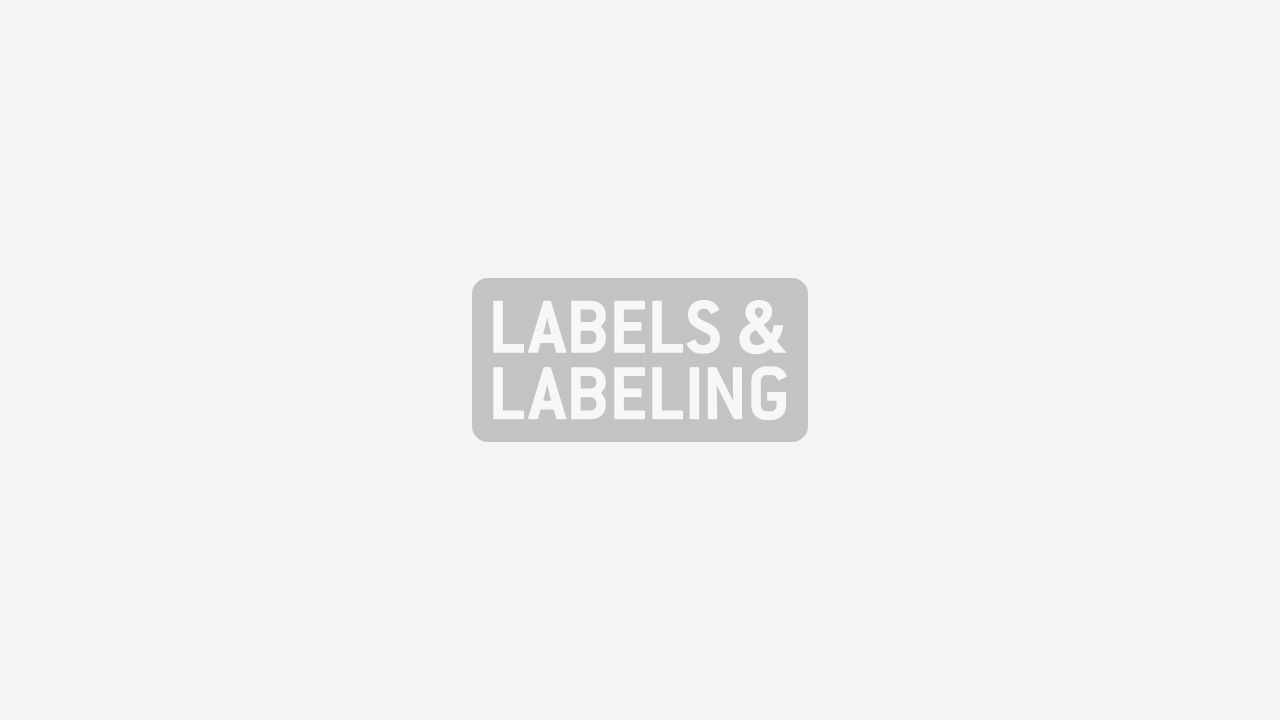Avery Dennison unveils Multicycle for returnable bottles

At Labelexpo Americas 2012, Avery Dennison launched a self-adhesive label material claimed to give returnable bottles greater sustainability, differentiation and shelf impact.
According to company testing, Avery Dennison MultiCycle can withstand more than 30 product cycles, reducing the volume of label substrate used. This labeling innovation also provides the same superior decoration options other self-adhesive labels offer, while helping to maintain or even improve the operational efficiency and bottom line of converters and end users.
‘With an increasing global focus on resource management, consumers and other stake holders will continue to place pressure on brand owners to find solutions that reduce the waste caused by returnable bottles,’ said Jon Maley, vice president marketing at Avery Dennison Materials Group. ‘Our MultiCycle innovation can reduce the environmental impact of relabeling and change the way the world thinks about the decoration of returnable bottles.’
The patent-pending permanent self-adhesive film label construction is resistant to the stresses a container is exposed to during its lifetime and can withstand the high-temperature caustic baths used during the bottle washing process. The polypropylene label is engineered with a sandwich construction, so the printing ink is protected with an over-laminate.
With traditional ‘cut and stack’ paper labels or washable self-adhesive labels, a new label set is required each time a bottle is sold. The long performance of MultiCycle reduces the volume of label substrate used. The use of fewer labels also brings the additional benefits of reduced ink usage, fewer transport movements and an overall lower energy consumption.
At the end of a bottle’s use, MultiCycle labels can be processed similar to other filmic self-adhesive labels. Unlike direct print, there is no need for heavy metals in the inks, which allows the glass bottles to be recycled in the regular processes.
‘Our market studies indicate that younger, brand-flexible consumers are likely to change to a more eco-friendly product because of their concern for the environment,’ said Eric Ide, business development manager, Beer and Beverage Europe. ‘Because MultiCycle labels last for the lifetime of the bottle, they provide significant environmental benefits and make the returnable bottle system a differentiating brand story.’
With MultiCycle, brand owners can generate improvements in their process efficiency. Since the bottles can be labeled inline, offline, or even offsite, beverage manufacturers can optimize their line performance. Greater throughput and overall cost reductions are possible thanks to lower scrap rates and reduced cleanup time, leading to less production downtime.
By spreading label cost over multiple product lifecycles, designers will be able to add high impact, premium look shelf appeal effects as foil stamping to create stunning and eye-catching labels. Special metallic inks and holograms can also be used, providing another advantage over direct print technology.
Maley added: ‘With these process improvements and design capabilities, Avery Dennison MultiCycle technology enables converters of self-adhesive materials to compete favorably in the returnable category which has traditionally been decorated with wet glue labels.’
Click here for more stories about Avery Dennison on L&L.com.
Click here for more stories about Labelexpo Americas 2012 on L&L.com.
Stay up to date
Subscribe to the free Label News newsletter and receive the latest content every week. We'll never share your email address.

